Udacity, the online education startup that set out to train a school of self-driving car engineers, is now spinning off into its own autonomous tech company called Voyage.
Sebastian Thrun, who founded Udacity, will have a stake in the company as part of the spin-off deal led by Udacity VP Oliver Cameron, who controlled much of the driverless curriculum at the school. Thrun, however, will not assist Voyage because of "personal conflicts," according to Business Insider. Thrun is noted as the "Godfather of self-driving cars" for his work at Google.
Now, this isn't the first time we've heard of a company starting its own driverless startup. However, Voyage plans to bring something a bit different to a table of heavyweights that include Google, Tesla, and Uber. The company wants to create autonomous taxis using parts from mass-produced vehicles rather than building its own driverless cars. Not only this, but according to Business Insider, Voyage wants passengers "to control the whole experience" of their driverless reality.
Cameron told Business Insider that Voyage plans to release vehicles sooner rather than later: "We want to deploy these not within five years, but very soon. We think in terms of weeks, not in terms of years or months."
Voyage plans to bring affordable, driverless services to the market. The company already has been granted permission to use its self-driving cars in a few places within the next few months, but according to Business Insider, Cameron declined to say exactly where the company's taxis would be hitting the streets.
While at Udacity, Cameron and his team were working on its own self-driving car project. Udacity's driverless vehicle was able to drive itself 31 miles "through 140 stoplights, a myriad of crosswalks, and crazy pedestrians during the hour-and-a-half drive, as Business Insider puts it.
Voyage won't be using any of the technology from Udacity's self-driving vehicle, but will instead, retrofit parts from other vehicles, purchase necessary sensors for the autonomous hardware, and then build the self-driving software to focus on creating the supply for the autonomous taxi market.
When you step into a Voyage car, you don't just say 'Hey, safety driver. All you do is say 'Begin Voyage.' We're building the experience to assume you're the driver.
Ultimately, voice control is what will dominate Voyage's unique approach to the driverless taxi. When getting into a Voyage taxi, Cameron wants the passenger to have complete control over the music, temperature, and journey by simply using their voice to command the car.
Voyage hopes that these features will be enough to set them apart, although, the company has some pretty hefty competition. Uber has already launched its own driverless car pilot tests, setting them steps ahead of fairly new startups like Voyage.
Cameron believes that offering an even cheaper service than other autonomous taxis, though, will be what sets the company apart: "What we believe in is that an autonomous taxi can be cheap."
Just updated your iPhone? You'll find new Apple Intelligence capabilities, sudoku puzzles, Camera Control enhancements, volume control limits, layered Voice Memo recordings, and other useful features. Find out what's new and changed on your iPhone with the iOS 18.2 update.
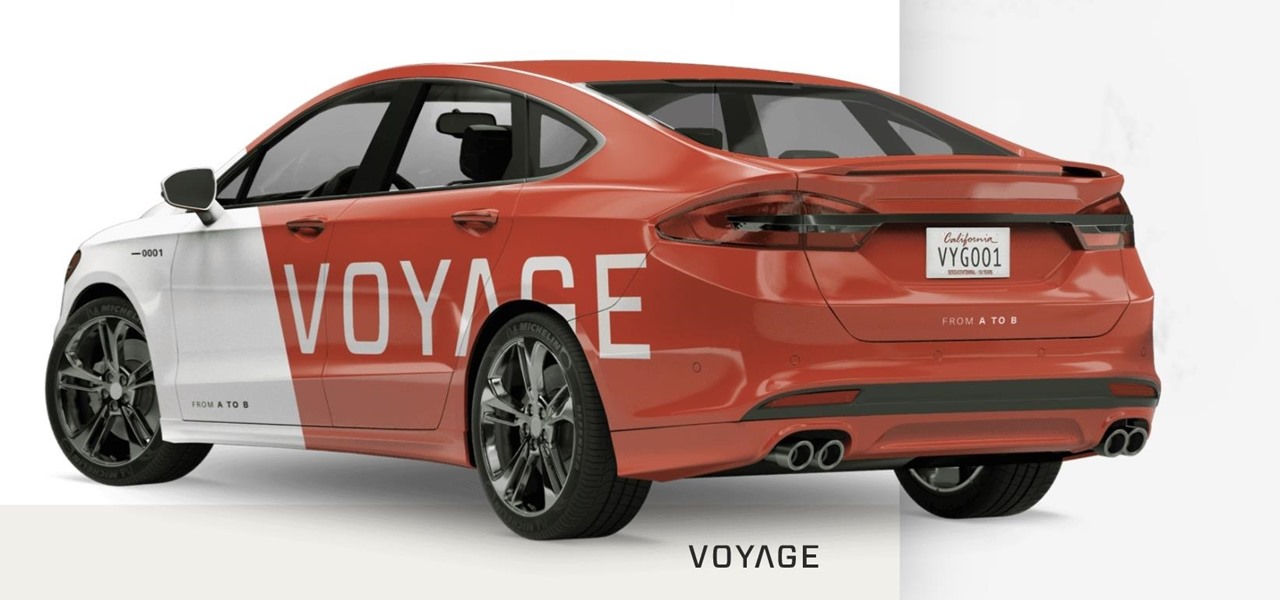


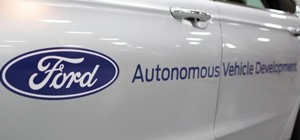

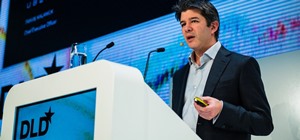
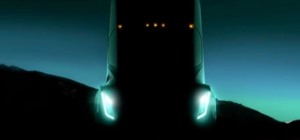
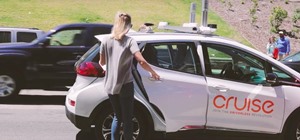

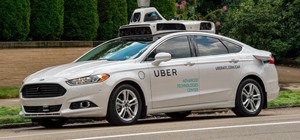
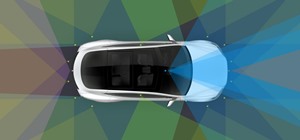
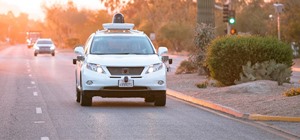



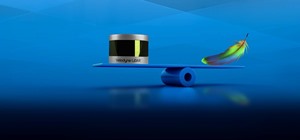
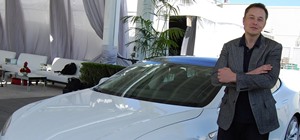

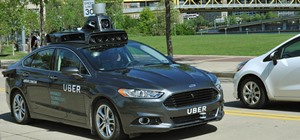
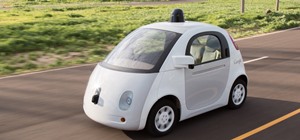
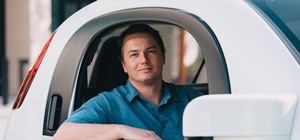
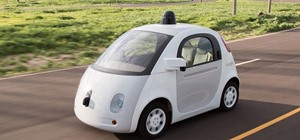

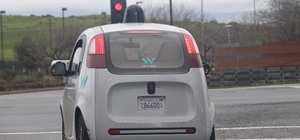
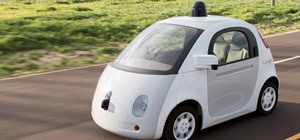
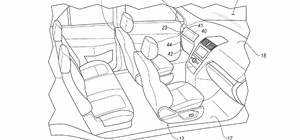

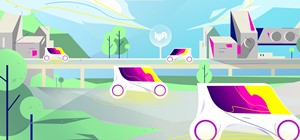
Be the First to Comment
Share Your Thoughts